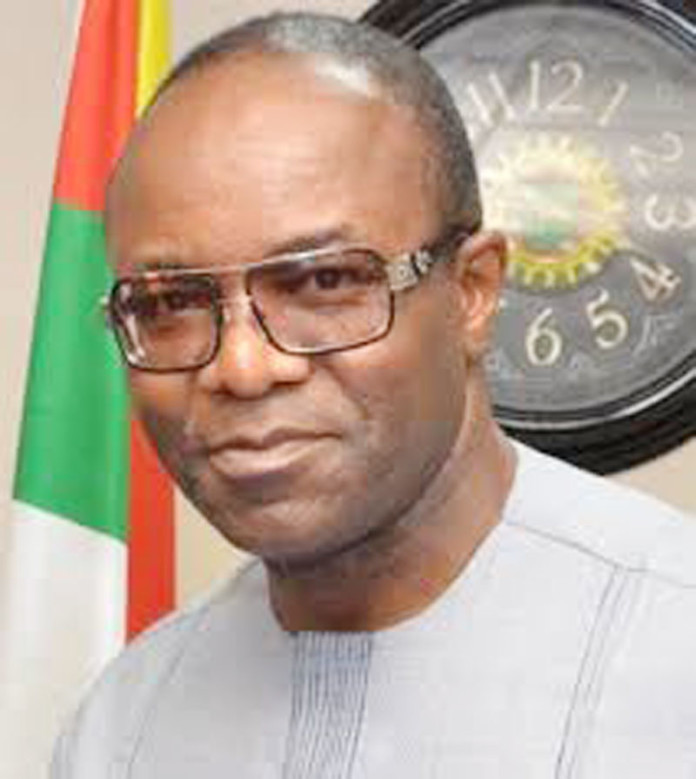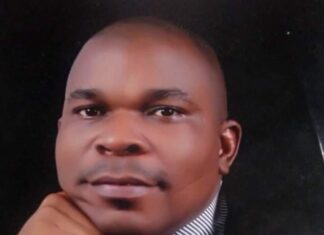The economy was plunged deeper into crisis last week due to a strike called by workers of the Nigerian National Petroleum Corporation (NNPC) over the planned restructuring of the corporation.
The Minister of State for Petroleum Resources, Mr. Ibe Kachikwu unilaterally announced a restructuring of the NNPC without consultations with the workers and the National Assembly to trigger the crises.
The announcement was met with stiff opposition from the two labour groups in the NNPC — Petroleum and Natural Gas Senior Staff Association of Nigeria (PENGASSAN) and the Nigerian Union of Petroleum and Natural Gas Workers (NUPENG) – while the National Assembly also kicked against it.
After series of dialogue and engagements, the workers suspended their strike action, while the Senate and House of Representatives backpedalled and expressed their support for the initiative.
Major arguments and disagreements over Kachikwu’s pronouncement centred on the legality or otherwise of the restructuring exercise.
Specifically, Mr. Femi Falana, a Senior Advocate of Nigeria (SAN) called for the suspension of the restructuring until the Board of the NNPC is reconstituted.
Falana said since the board had not been reconstituted by President Muhammadu Buhari, Kachikwu has usurped the function of the Board and had been running the affairs of the NNPC like a sole administrator.
He also noted that Kachikwu’s occupation of the position of the Group Managing Director of the NNPC and the Minister of State had compounded the illegality.
Falana said, “It is pertinent to point out that the reforms being carried out by the NNPC Group Managing Director (GMD) are illegal in every material particular. Section 2 of the Nigerian National Petroleum Act stipulates that the affairs of the corporation shall be conducted by the Board of Directors of the body. To that extent, it is the board of the corporation that is saddled with the responsibility to carry out the reorganisation of the body.
“The board of the NNPC shall consist of the Minister of Petroleum Resources; Permanent Secretary, Federal Ministry of Finance; the managing director of the corporation and three other persons appointed by the President. The minister shall be the chair of the board. By virtue of Section 3 of the Act, the managing director of the NNPC shall be the chief executive and shall be responsible for the execution of the policy of the corporation and the day-to -day running of its activities.
“It is an anomalous situation whereby the minister, as the Chairman of the NNPC board, is supervising his own activities as the GMD of the NNPC. Whereas the GMD is required to carry out the decisions of the board chaired by the Minister, Kachikwu has become the executor and regulator of the affairs of the corporation. The Federal Government should take advantage of this crisis to put an end to the incongruity.”
Also, in a report obtained from Reuters, analysts are of the view that reorganizing and creating additional companies from the NNPC would not necessarily make them more profitable and could instead increase operational costs and make oversight more difficult.
According to the report, as it stands, the NNPC receives far less government oversight than its global peers, adding that the president has a task greater than just stopping NNPC from falling back into bad habits, by transforming it into a cost-effective, profit-driven, transparent institution.
The report said, “Besides producing crude oil, NNPC also makes national petroleum policy, generates its own budget, and regulates the petroleum industry: all clear conflicts of interest and practices unheard of elsewhere in the world. Buhari must take these important oversight roles away from NNPC (or its successor companies) and address their deeper ills before time, inertia, and powerful elites long pampered by patronage conspire against him.”
Also commenting on the issue, Chairman, House Committee on Media and Public Affairs, Mr. Abdulrazak Namdas, said the restructuring of the NNPC is illegal, unconstitutional and usurped the powers of the legislature.
Namdas who noted that the NNPC was established by an Act of Parliament, argued that there was need for an Executive Bill for the corporation to be restructured.
He said, “NNPC is an Act and we feel that anything that will be done on NNPC should be brought back to the National Assembly. We also urge Mr. President to send Executive Bill to the National Assembly as soon as possible.”
On the other hand, the Chairman, Senate Committee on Petroleum, Mr. Tayo Alasoadura said Kachikwu did not contravene any law in the restructuring of the NNPC.
Alasoadura, who lamented that the legislature was not consulted before such critical step was taken, however, stated that the explanation given by Kachikwu indicated that the decision to restructure NNPC was to reposition it for optimal performance.
He said Kachikwu was only carrying out an internal restructuring to better position the corporation to serve Nigerians better, adding that the restructuring would help to cut down losses being experienced by the NNPC in recent times.
“He is working in the best interest of Nigeria. Now that the price of oil is going down, if we do not restructure, we might run into more problems as a country. Why we invited him was to be sure that the law was not contravened and we are convinced.”
However, one day into the strike, workers of the NNPC met with Kachikwu and other NNPC officials and they suspended the strike.
At the end of the meeting, Kachikwu agreed to set up a committee with representatives from the Unions and Management to look into the new NNPC structure with a view to considering any suggested amendments where necessary.
In spite of the seeming resolution of the crisis, the chaos that resulted from it is yet to be abated as fuel scarcity worsened across the country, while power supply hit significant lows.
Power supply dropped to about 1,300 megawatts, from about 4,300 megawatts the week before, while massive queues of vehicles witnessed at almost all the petrol stations in Abuja.
The queues spilled over into major roads, causing massive gridlocks across major roads in the states, with many people spending hours in the traffic.
One oil marketer who spoke on the condition of anonymity said the large queues were expected, as it would take a minimum of three days for normalcy to be restored in products supply across the country.
-Vanguard














